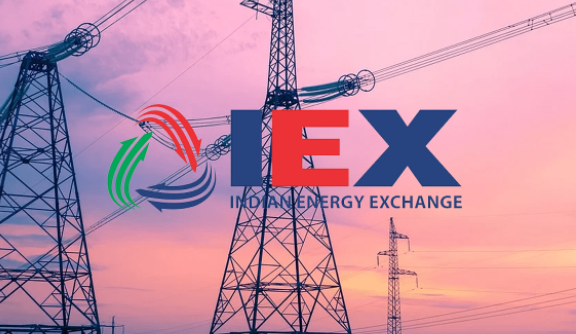KATHMANDU: India has recently revised its cross-border electricity trade rules, making it more convenient for countries with energy trade agreements. Under the updated rules, these nations, including Nepal, Bhutan, and Bangladesh, can now participate in real-time trading of electricity on the Indian Energy Market (IEX) and make purchase and sale decisions half an hour in advance. This move eliminates the previous limitation of only bidding for electricity in the day ahead market.
The Central Electricity Authority of India has issued a notification allowing projects that had earlier obtained permission to sell electricity in the real-time market. This change is expected to reduce electricity wastage and address potential shortages, as decisions can now be made more promptly in response to fluctuations in production and demand.
The new real-time market will offer auction opportunities every half hour, enabling immediate buying and selling of electricity. However, there is a restriction in place, preventing the sale of electricity beyond the limit set by India, currently capped at 451.7 megawatts on the IEX.
Previously, electricity trade on the IEX was limited to the “Day Ahead Market,” where electricity could be bought and sold based on the “Market Clearing Price” determined by the electricity system. This allowed trading from 12 midnight the previous day until 12 midnight of the current day.
Among the projects approved for real-time sale in the Indian market are various hydropower ventures, such as Trishuli Hydropower, Devighat, Chilime Hydropower, Solukhola, Marsyangdi, Kaligandaki A, Madhyamarsyangdi, Likhu-4, Kabeli B-1, and Lower Modi electricity.
However, there are some concerns from stakeholders about the approval process for other projects. Approximately 1010 megawatts from 18 other projects sent by Nepal have not received permission, and there are suspicions that India may be complicating the process intentionally. Some believe that India is prioritizing projects with Indian investment and hindering Nepali hydroelectricity projects.
The hydropower capacity in Nepal has reached around three thousand megawatts, with domestic demand at around 1800 MW, leading to an excess of approximately 170 MW due to limited consumption.
The Association of Independent Energy Producers (IPPAN) has raised objections to the authority’s decision to reduce production, claiming that it has resulted in the wastage of electricity from 20 hydropower projects.
Furthermore, India’s guidelines for importing/exporting electricity introduced in 2018 discourage the purchase of electricity from countries without energy agreements, even if they share a border with India. This has added to the challenges in obtaining approvals for some projects sent by Nepal.
Overall, the revision of cross-border electricity trade rules in India is aimed at facilitating real-time trading with countries having energy agreements, promoting efficient electricity utilization, and providing better opportunities for electricity exchange in the region.

